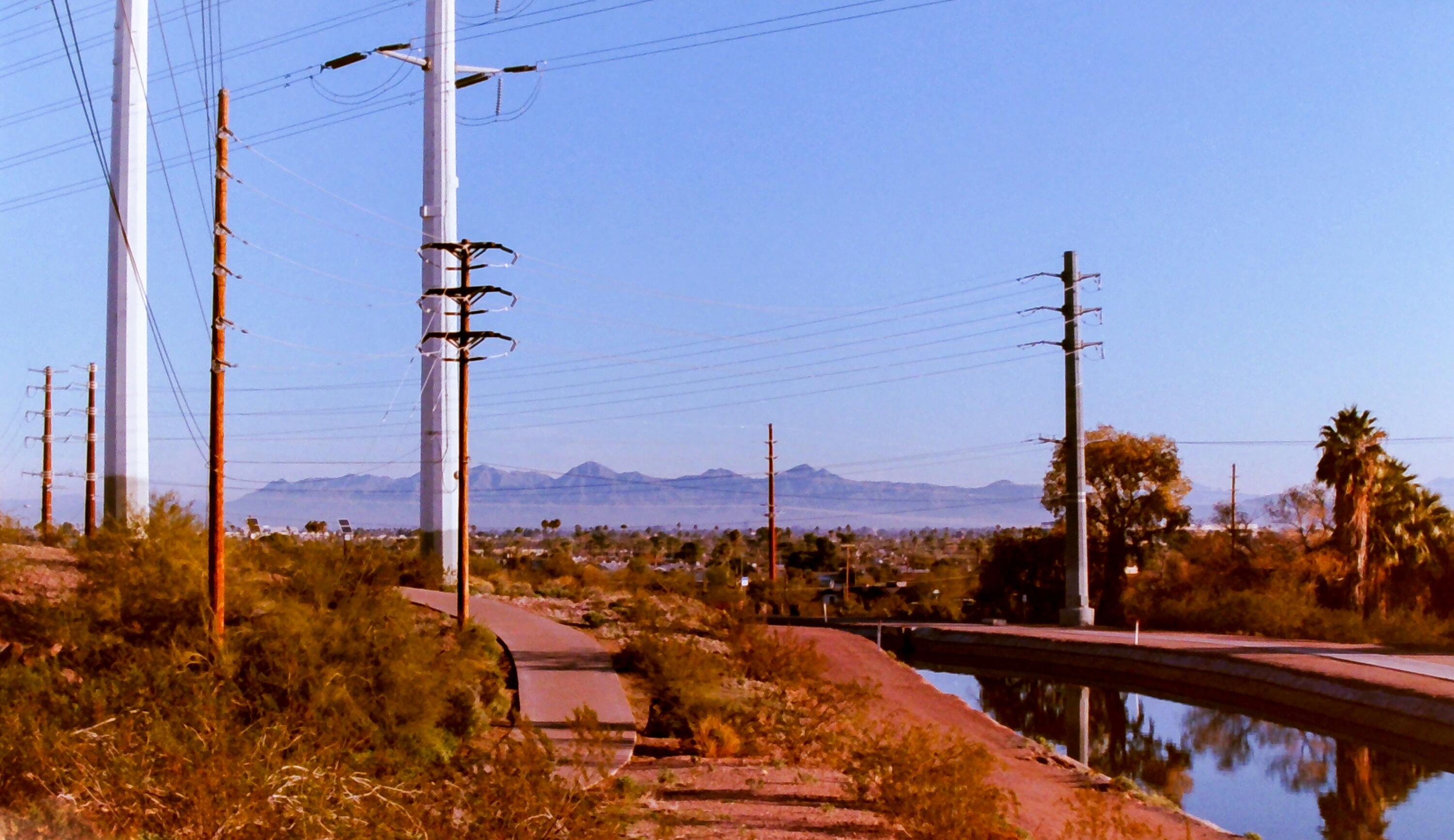Food-Energy-Water Nexus: A Workshop Hosted by the Desert Humanities Initiative

Event description
- Community service
- Free
- Health and wellness
- Science
- Sustainability
Food, energy and water are intimately related in the desert Southwest. Agriculture uses most of the water in Arizona; Lake Mead has been shrinking towards “dead pool,” at which point it will be unable to generate electricity or flow downstream; and transporting water consumes a substantial amount of energy.
Most research on the food, power and water nexus emerges from the sciences, social sciences and public policy realms. The resources and challenges at the center of this nexus, however, are also deeply humanistic because they are woven into livelihoods, politics, culture and identity. Historical dimensions of water and land use policy, including historical injustices, directly impact the search for contemporary solutions to water cuts on the Colorado River or limitations on groundwater usage. What justice means and how it should be pursued complicate easy solutions. Similarly, policymakers and researchers can struggle to communicate the social or cultural context in which their work is being done or which their work impacts. Conversations about the role agriculture should play in contemporary Arizona, or about how to balance goals of economic development, conservation and sustainability cannot be understood in scientific terms alone.
Artistic and humanistic work provide powerful and essential tools, ideas and methods for addressing complex challenges. This workshop seeks to foster artistic and humanistic projects that are at the food, energy and water nexus, including work that is based in indigenous ways of knowing and relating to land and place. It also welcomes projects from the sciences and social sciences that seek to include knowledge, skills and/or methods from the arts and humanities, as well as constructive and critical engagement with interdisciplinary methods more generally.
Workshop participants will be eligible for a seed grant competition (awarding 2 projects up to $6,000 each). Seed grant applications will be due by Dec. 1. Information regarding the seed grant will be provided at the workshop.
Lunch will be provided at no cost to participants. Coffee and refreshments will also be provided in the morning and afternoon.
Goals:
- Build networks among scholars working across arts, humanities, social sciences and sciences on deserts and the desert Southwest
- Generate highly interdisciplinary projects at the intersection of food, energy and water in desert environments
- Practice collaborative approaches to working on “wicked problems” related to desert environments
Workshop Structure:
9 a.m.—9:15 a.m.: Welcome, introductions
9:15 a.m.—12 p.m.: Marina Zurkow and Sarah Rothberg, “Investing in Futures”. Participants will work in small groups through a series of immersive, creative and collaborative worldbuilding exercises. See more here.
12 p.m.—1 p.m.: Lunch
1 p.m.—2:30 p.m.: Sara El Sayed, Case studies in food and water in the urban Southwest. Workshop participants will continue working in small groups with sets of problems pertaining to urban agriculture and food insecurity in Arizona.
2:30 p.m.—2:45 p.m.: Break
2:45 p.m.—4:15 p.m.: Adriene Jenik and Marco Janssen. Adriene and Marco developed DryLab2023 and ran it as an experiment in 2017 as a performance and experiment in a future of severe water scarcity. They are returning to that project this fall and they will lead a session that will help participants think about how to move from ideas about collaboration to working collaboratively across significant disciplinary differences. Learn more about DryLab here.
4:15 p.m.—4:30 p.m.: Next Steps (Seed grant and follow-up meetings in Fall)
Workshop Facilitator Bios:
Jason Bruner is a professor of Religious Studies in the School of Historical, Philosophical and Religious Studies at ASU and serves as the director of the Desert Humanities Initiative at ASU.
Erika Hanson is an associate professor in the School of Art and serves as the Associate Director of the Desert Humanities Initiative at ASU.
Marco Janssen is a professor in the School of Sustainability and director for the Center for Behavior, Institutions and the Environment at ASU.
Adriene Jenik is an artist, educator and end of life doula who resides in the desert. She is Professor of Intermedia in the School of Art at ASU.
Sarah Rothberg is on the full-time faculty at NYU (interactive media at ITP), a member of ONX Studio and a mentor/former-member at NEW INC. With Marina Zurkow, she is part of the MORE&MORE UNLIMITED collaborative. Sarah is also a 2023 Jerome Hill Artist Fellow.
Sara El Sayed has a joint position as the Co-Director of the Biomimicry Center and Assistant Research Professor at the Swette Center for Sustainable Food Systems.
Marina Zurkow is a media artist focused on near-impossible nature and culture intersections, researching “wicked problems” like invasive species, superfund sites and petroleum interdependence. She is a full time faculty member at ITP / Tisch School of the Arts, New York University and is represented by bitforms gallery.

